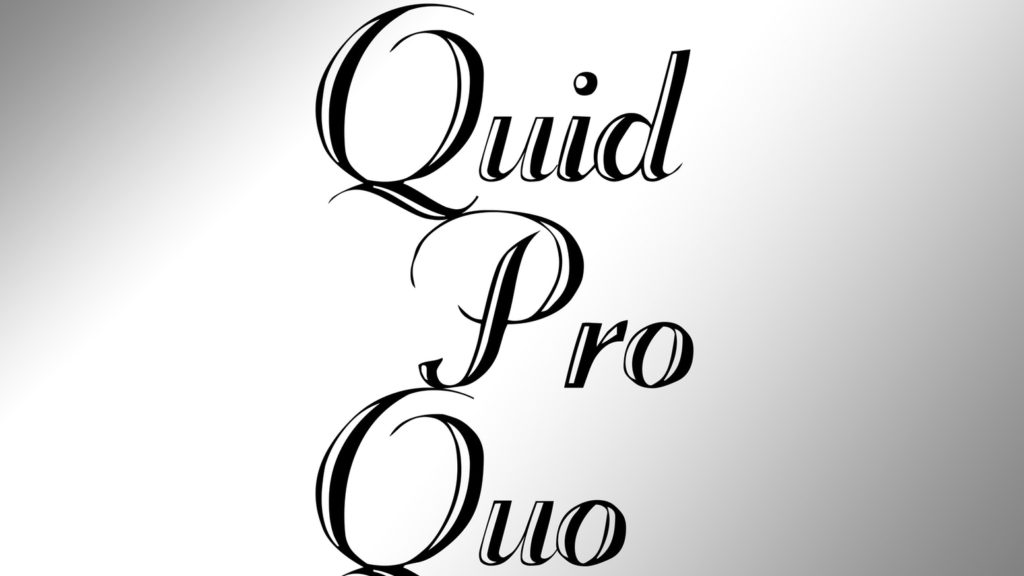“Excuse me sir, are you Jewish?”
“No thank you, I already ate lunch.”
***

***
“Excuse me ma’am, are you Jewish?”
“Excuse me ma’am, are you Jewish?”“No, sorry, I am gender neutral
***
“Excuse me sir, would you like to put on Tefillin?”
“What is that?”
“Phylacteries”
“Oh” (confused look crossing individuals face)… “um, what are Phylacteries?”
***
It began on the streets of downtown LA, in the fashion district, with the vast majority of people on our “route” being Persian clothing designers. With their accented English they were happy to see us, we were the Yeshiva boys.
Later it continued on the streets of France, Champs Elysees in Paris to be more specific. My partner Berel L, who was a French Yeshiva student did the talking and I did the wrapping. This was my second extended exposure to this concept.
It continued still in New York, though there things had progressed, we were no longer just doing the basics, the whole program had graduated. Here things were seriously organized. The streets of Manhattan, an organized grid, not like the sloppy city planning of my current location of Boston, oh no, New York had a “system.”
Each Street and each Avenue had their set of “bochurim” who were in charge of their couple blocks (or even buildings as the place was so densely Jewishly populated) that was under their care.
Now, we even had colorful paper handouts to give along with out Tefillin laying and Shabbat Candle packets for the women. The concept I am describing was and is one of the signature achievements the Rebbe of Righteous memory, it was called by the loose description- Mivzoyim.
Literally, the word Mivtzoyim refers to the 10 Mitzvah Campaigns that the Rebbe introduced at various times, such as the Tefillin Campaign, a prominent one, started by the 6 day war. The Rebbe posited that his adherents go “out” into the world to do this mitzvah with every Jewish man as the spiritual benefit would not only benefit the person putting on the Tefillin, keeping them safe, but would bring that good energy into the world making the world safer. Other Mitzvah’s like Mezuzah, Shabbat Candles, and having a house full of Jewish books were among the popular Mitzvah Campaigns. For all 10 click here https://www.chabad.org/…/jewi…/10-Point-Mitzvah-Campaign.htm
The colloquial term, Mivtzoyim had a whole other meaning! It wasn’t just a reference to the the many campaigns of the Rebbe but it was a thing you did, and specifically on Fridays.
There were 9 other Mivtzoyim but on our Friday “routes” we focused on three primarily.
Putting on Tefilin with the men, giving a Shabbat Candle Packet to the women, and encourage both men and women to put a coin (at least) in the tzedaka box. Later we would give them some prepared pamphlet for our “customers” to read, usually a short word of Torah wisdom, a story, other little Jewish factoid that made for interesting reading material.
Later in 1988, that pretty little pamphlet got the name LeChaYim. An acronym word, that spelled (in Hebrew) “For the Memory of Chaya Mushka (Schneerson) the Rebbe’s late wife.
A third and less discussed component was the impact it had on the Bochur. The Yeshiva students who went out to do the mivtzoyim. The “me” in this case. While an extrovert at least on the surface (pun intended) I was a pretty shy young man. Oh, sure, within my own circle of friends I was loud and opinionated, but ask me to go over to random stranger and ask for any basic information, and I would have rathered not.
Ask me to go over to a complete random stranger on the street and ask them a) if they are Jewish. If I got a positive reply, ask them if b) they’d like to put on the Tefillin?!! That really was out of my comfort zone. And if and when they did answer to the affirmative to both, their question in return would be “where do you want to put them on? Right here in the street?” To which I’d reply, “Yes! Right here on the street,’ ‘in the subway station,’ ‘on the train’” or wherever we were at that particular moment. (Nervous chuckle from both of us)
It was super awkward to say the least but it really did thicken the social skin. Now, don’t think twice asking that question. Or many other uncomfortable questions for that matter. That school of hard knocks, or strange or downright obnoxious responses actually did me a great service in my personal and social development for life.
Those thousands of micro-experiences helped fashion many a young shy, awkward child into a confident adults who have the courage to ask tough questions, stand up for their convictions, better handle obnoxious people and comments, and in general have thicker skin to handle the many (far larger) disappointments of life.
I don’t think that this was the primary goal of the Mivtzoyim campaign, but I do think this is and was one of the many many excellent unintended consequences of many of the Rebbe’s world changing ideas and innovations.
***
I was recently contacted by the editor of the Lechaim Magazine asking seeking permission to reprint an article they found on my website. In her email she boasted that the magazine now has a weekly printing of nearly 35,000 copies just in the NY Metro Area, Toronto and Montreal. This didn’t include the printings that go on in LA, Paris, Manchester, London, Sydney and many other places across the world where they are doing Mivtzoyim.
Of course I said yes, and was humbled to have this journey of personal fulfillment come full circle. Where now, I was no longer just going on Mivtzoyim, now everyone going on Mivtzoyim would take a piece of me with them, at least for this one week.
Excusez-moi monsieur, voulez-vous mettre le Tefillin? Excuse me sir, would you like to put on the Tefillin?
Photo Credit Yanky Ascher
Blog 45/52









